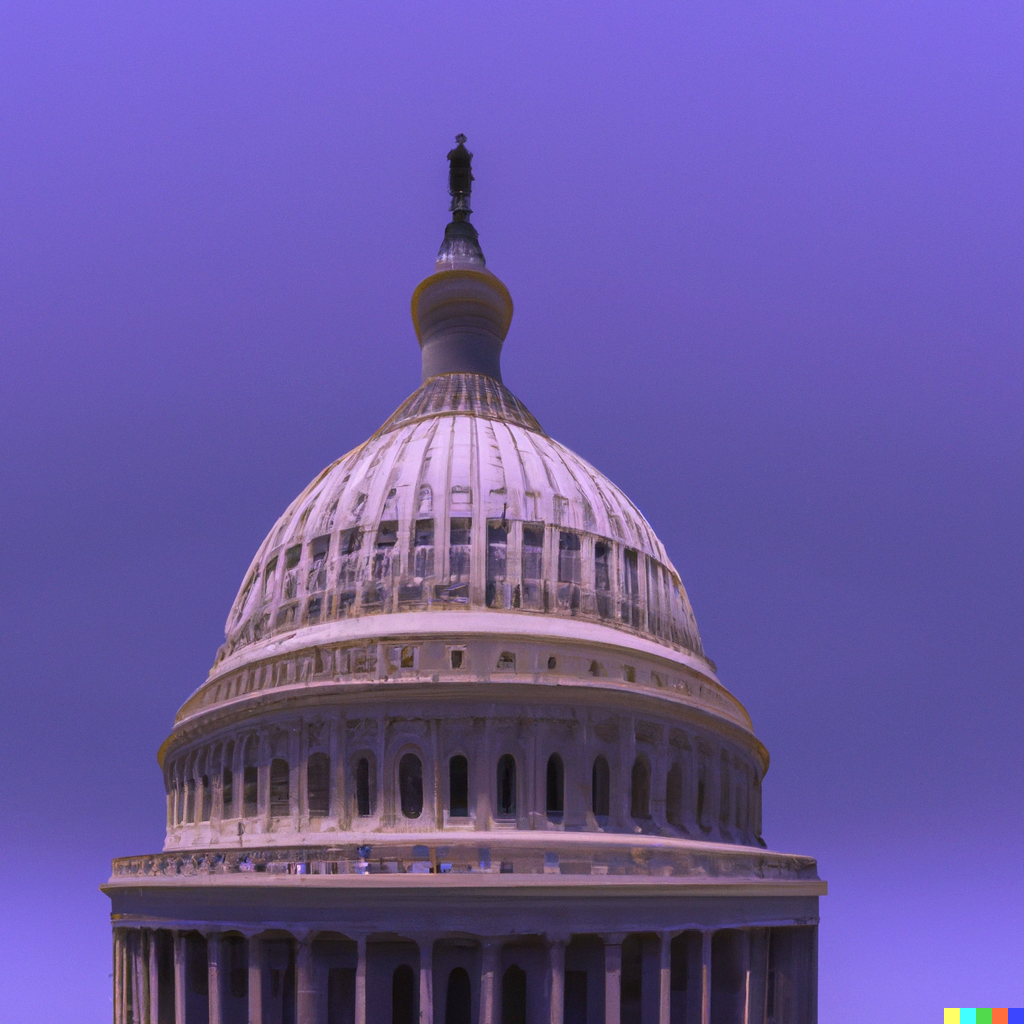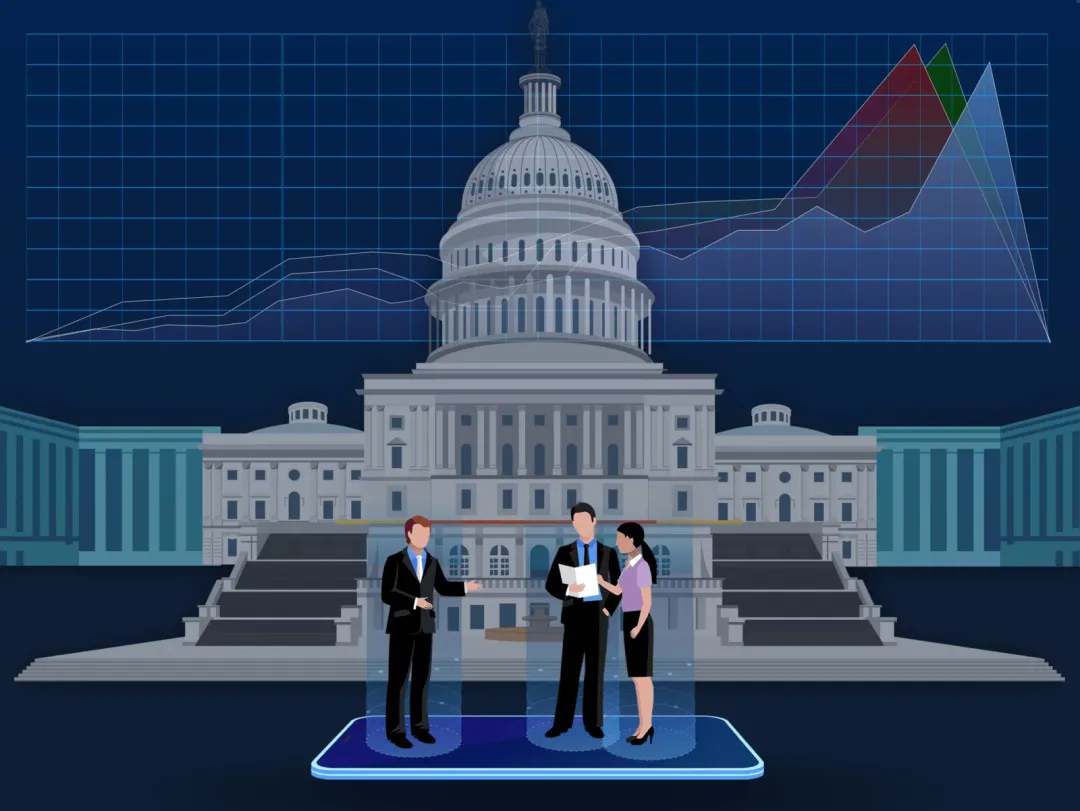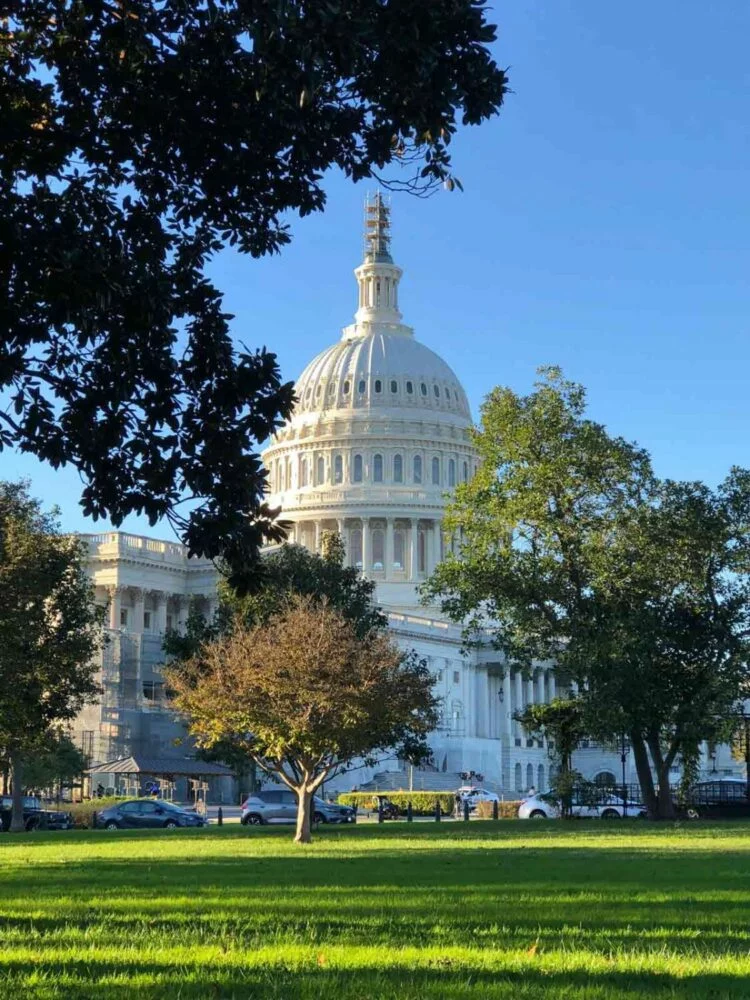Need Lobbying Data?
Get in touch to learn more about our lobbying database, request data samples, and start a trial.

Lobbyists are hired by interest groups, corporations, or other organizations to represent their views and promote their interests to legislators, particularly members of congress, and other members of congress.
Our data makes it easy to see, both on a real-time and 24 year historical basis:

Lobbying Contracts
Lobbying Entities Tracked
Years of History
Federal Lobbying Coverage


Our database is an essential resource for anyone interested in understanding the role of lobbying in American politics, and is a valuable tool for researchers, journalists, investors, and anyone else seeking to understand the political landscape.
Our database and datasets are designed to be adaptable to our customers’ needs and preferences.
We provide custom research on the lobbying industry – on the client, lobbyist, or lobbying firm level.
Learn more about lobbying in general
Lobbying can take many different forms, including:
Lobbying can provide various benefits for individuals, organizations, and businesses. Some of the main benefits of lobbying include:
Transparency in lobbying can be improved in several ways. One way is to increase the amount of information that is publicly available about lobbying activities. For example, by requiring lobbyists and lobbying firms to disclose more detailed information about their activities, such as the specific bills and issues they are advocating for, and the dollar amount they are spending on lobbying efforts.
LobbyingData.com is an essential resource for promoting transparency in lobbying. With over 1.6 million lobbying contracts, 13,000 firms, 109,000 entities, and 78,000 lobbyists in our database, we provide exclusive access to alternative data on American lobbying. Our database is collected and aggregated from the U.S. Senate Office of Public Records from 1999-present, and is updated on a regular basis using advanced data science techniques to ensure accurate data points are collected and ingested.
Learn more about us
We offer our database and datasets via a flat-fee model for bulk data and subscription model for real-time updates. We offer free trials and data samples on any topic of your choosing. We offer a range of flexible pricing plans to suit your needs. Contact us at [email protected] for more information.
You can contact us through our website, LobbyingData.com, or by email at [email protected]
Explore some fascinating research questions
Incorporate lobbying data into an ESG analysis of companies. Companies with substantial lobbying efforts that align with ESG principles may be viewed as more sustainable or socially responsible investments, potentially leading to better long-term performance.
Read external research conducted on lobbying data
Covers a blog post/article from unusual whales, discussing the link between congressional stock trading and corporate lobbying.

Get in touch to learn more about our lobbying database, request data samples, and start a trial.